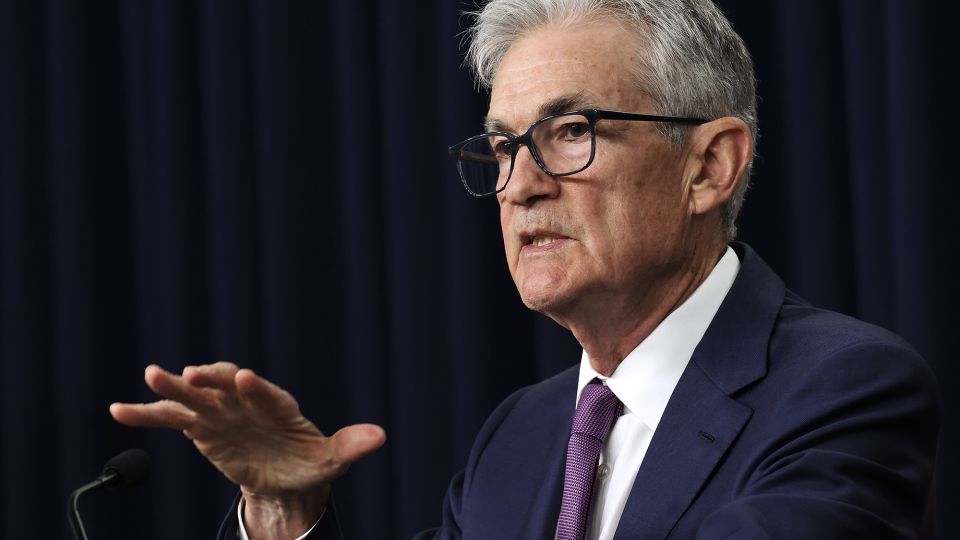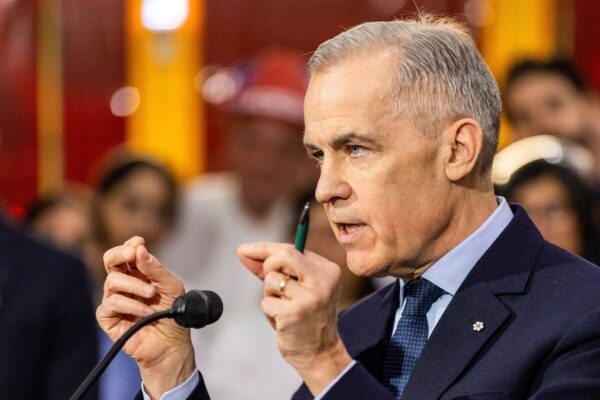Fed’s Powell is unfazed by the latest hot inflation reading
After another reading of hotter-than-expected inflation, you’d think Federal Reserve Chair Jerome Powell might be getting a little worried that the battle will go on much longer than expected.
But Powell, for the most part, isn’t stressing ahead of Wednesday’s crucial Consumer Price Index data set to be released in the morning.
Tuesday’s wholesale inflation data, which jumped to its highest rate in a year, certainly wasn’t a source of comfort. And it comes after March’s unexpected jump in consumer prices to 3.5% on an annual basis from 3.2% in February.
The Producer Price Index, which measures the change in prices that manufacturers pay to suppliers, rose 0.5%, a much faster pace than March’s 0.1% decline.
“I wouldn’t call it hot, I would call it sort of mixed,” Powell said Tuesday, referring to the new wholesale inflation data.
But Powell acknowledged that the first quarter had been “notable for its lack of progress on inflation,” he said at an event hosted by the Foreign Bankers’ Association speaking alongside European Central Bank Governing Council member Klaas Knot.
“We did not expect this to be a smooth road, but these were higher than I think anybody expected,” Powell said.
Still, he predicts monthly inflation readings will revert to lower levels seen last year, but noted that his confidence isn’t as high as before the disappointing inflation readings so far this year.
Most Fed officials share Powell’s concerns that inflation could prove to be more persistent than anticipated, making it more challenging to achieve the central bank’s 2% target. He’s far from conceding that, though given some employers are still having difficulty filling open positions, which he believes is contributing to inflation by putting upward pressure on wages, he said.
But some officials recently have expressed fears that inflation could ramp up even higher, potentially to levels that would merit raising interest rates.
“I remain willing to raise the federal funds rate at a future meeting, should the incoming data indicate that progress on inflation has stalled or reversed,” Fed Governor Michelle Bowman said earlier this month.
Another troubling sign for US central bankers is consumers’ belief that inflation will move higher in the year ahead, according to two surveys Fed officials monitor closely.
Since inflation expectations can effectively control the pace of price hikes, businesses take those expectations into account when pricing goods and services. That can lead to higher prices.
For more CNN news and newsletters create an account at CNN.com












 Bitcoin
Bitcoin  Ethereum
Ethereum  Tether
Tether  XRP
XRP  USDC
USDC  Solana
Solana  TRON
TRON  Dogecoin
Dogecoin  Lido Staked Ether
Lido Staked Ether